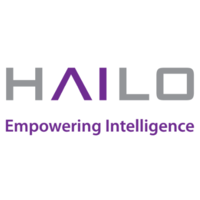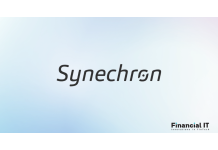Barclays Harnesses GenAI to Deliver World-Class...
- 06.02.2026 12:25 pm
Yaspa Becomes Founding Member of UNLV’s AI Research...
- 02.02.2026 09:25 am
Lloyds Banking Group Expects Over £100 Million in...
- 29.01.2026 01:35 pm
Quants Increase Focus on Sector-Specific Data as AI...
- 27.01.2026 10:45 am
Nexi Group Joins Agentic Commerce Alliance to Shape...
- 26.01.2026 08:35 am
Synechron Launches Suite Of AI Agents To Automate...
- 20.01.2026 12:55 pm
Nevado AI Launches to Modernize Insurance and...
- 16.01.2026 09:05 am
Eltropy Unveils EMERGE 2026 Agenda: Four Days of AI...
- 16.01.2026 08:25 am
Plumery Launches AI Fabric To Help Financial...
- 14.01.2026 09:25 am
martini.ai Unifies Document Upload And Credit Research...
- 13.01.2026 01:45 pm
Allianz And Anthropic Forge Global Partnership To...
- 12.01.2026 12:25 pm
Sumsub Joins World Economic Forum Unicorn Community to...
- 12.01.2026 09:35 am






















